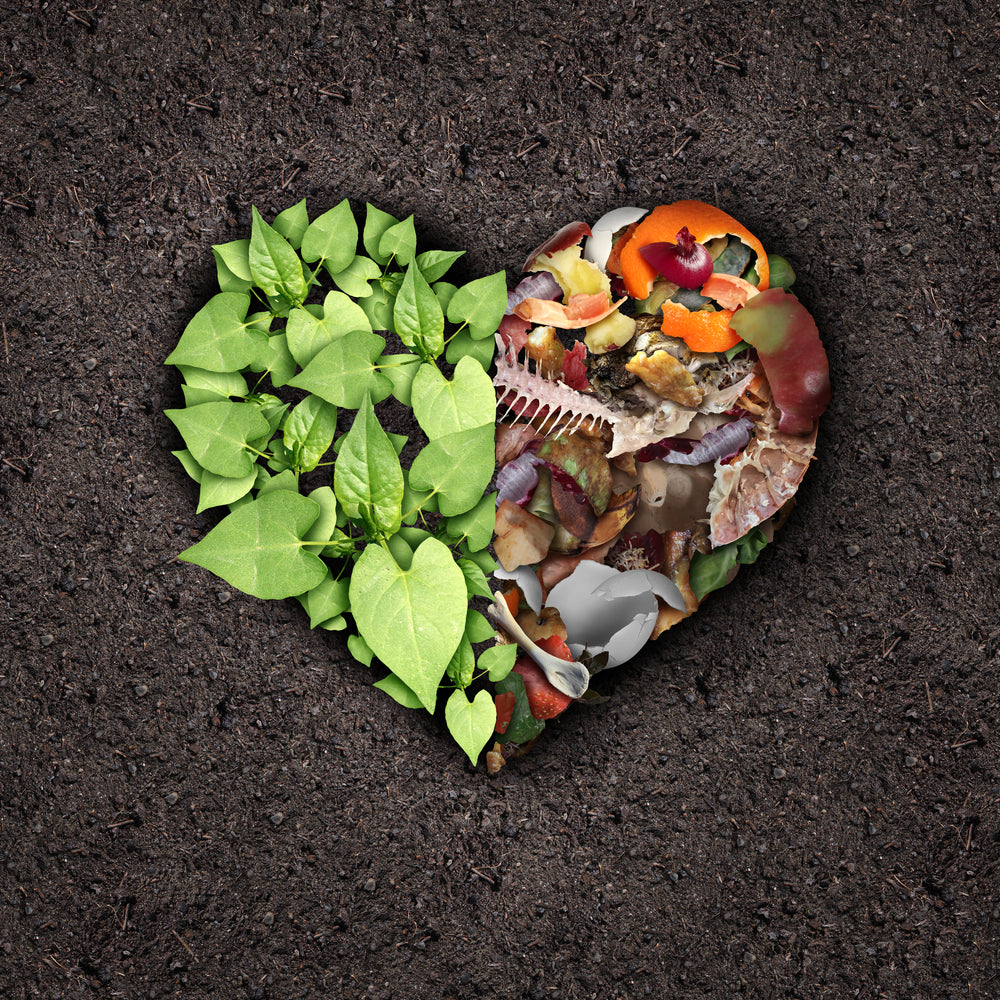Why Compost?
Composting is a simple yet impactful practice that offers a multitude of benefits for both the environment and individuals. By converting organic waste into nutrient-rich soil, composting not only reduces the amount of waste sent to landfills but also enriches soil, and helps conserve water.
Environmental Benefits
One of the primary reasons to compost is its positive impact on the environment. Organic waste, such as food scraps* and yard trimmings, make up a significant portion of municipal waste. When this waste is sent to landfills, it decomposes anaerobically (without oxygen), producing methane, a potent greenhouse gas that contributes to climate change.
Composting, on the other hand, allows organic matter to decompose aerobically (with oxygen), which significantly reduces methane emissions. Additionally, composting helps to sequester carbon in the soil, further mitigating climate change by offsetting carbon dioxide emissions.
Soil Enrichment
Compost is said to enhance soil quality. Compost is rich in organic matter, which improves soil structure, increases soil fertility, and promotes the growth of beneficial microorganisms.
The addition of compost to soil helps to retain moisture, reduce erosion, and improve aeration, creating a healthier environment for plants to thrive. Compost also contains essential nutrients like nitrogen, phosphorus, and potassium, which are slowly released into the soil, providing a steady supply of nutrients to plants.
Water Conservation
Compost plays a crucial role in water conservation. The organic matter in compost acts like a sponge, absorbing water and preventing it from evaporating quickly.
By improving soil structure, compost also helps to reduce runoff and erosion, ensuring that water is absorbed into the ground and is available for plants to use. This is particularly important in areas prone to drought, as compost-amended soil retains moisture better, reducing the need for frequent watering.
Conclusion
In conclusion, composting is a simple yet powerful way to reduce waste, improve soil quality, and conserve water. By composting our organic waste, we can take a significant step towards creating a more sustainable and environmentally friendly world for future generations. Whether you're a gardener, a farmer, or simply a concerned citizen, composting is a practice that can benefit us all.
*The Compost Genie is intended for food scraps only.

